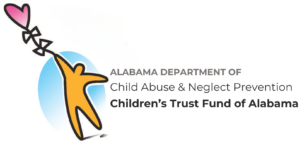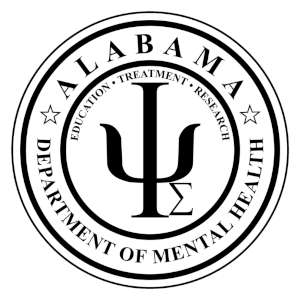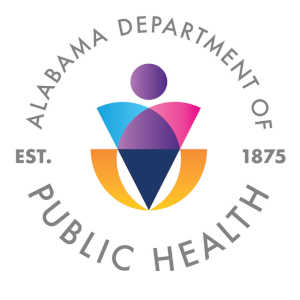Addressing the drug crisis among children and adolescents takes more than a stern lecture, a yearly school assembly, or Red Ribbon Week. It takes vigilance and it takes a village. According to the U.S. Department of Health and Human Services, one in three Alabama high school students reported having smoked marijuana, one in ten admitted to using inhalants, and one in five reported drinking alcohol before the age of 13.
Because teachers often spend more waking hours with children than do parents, educators are often the first to know that something is amiss. However, it can be difficult to pinpoint what that something may be. According to Latrice Dailey, Adolescent Counselor at Beacon Recovery, a UAB Medicine-affiliated outpatient substance abuse treatment program for adults and teens ages 13 to 18, here are five signs that a student may have a substance abuse problem:
- Academic nosedive: If your “A” student becomes a “B” or “C” student, the drop in performance could signal that they’re using alcohol or drugs.
- Acting out: An upswing in a student’s behavioral problems can be an indicator that they are struggling with addiction.
- Physical transformation: A student’s substance use and abuse can lead to unusual weight loss, bloodshot eyes, dilated pupils, or nosebleeds.
- Changes in grooming: If your class’ fashionista starts looking disheveled or a student seems to be skipping showers, then alcohol or drugs could be the culprit.
- Switching friends: It’s natural for student friendships to shift over time, but a student who withdraws or begins to hang out with an unruly crowd may be wrestling with substances.
While each of these indicators could have another root cause – family problems or sexual abuse, for example – they are worth further exploration. Dailey recommends that teachers who see something should say something. “Talk to the student’s counselor and ask them to probe a bit more,” she advises. Beacon Recovery uses the CRAFFT Screening Test to identify Birmingham students who may need the center’s services, and Dailey suggests that school counselors use the two-part, nine-question assessment to determine if a student is at risk for a substance abuse disorder.
If you suspect your child has a substance abuse issue, call Beacon Recovery at (205) 917-3733, extension 103 to schedule an appointment for an assessment.









